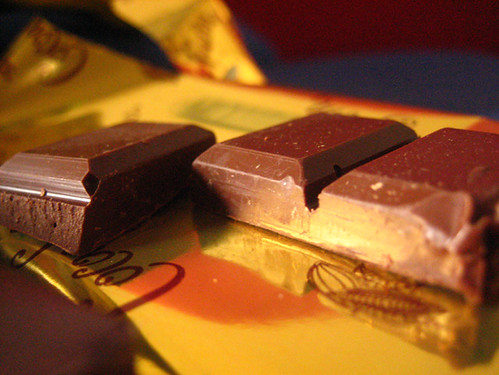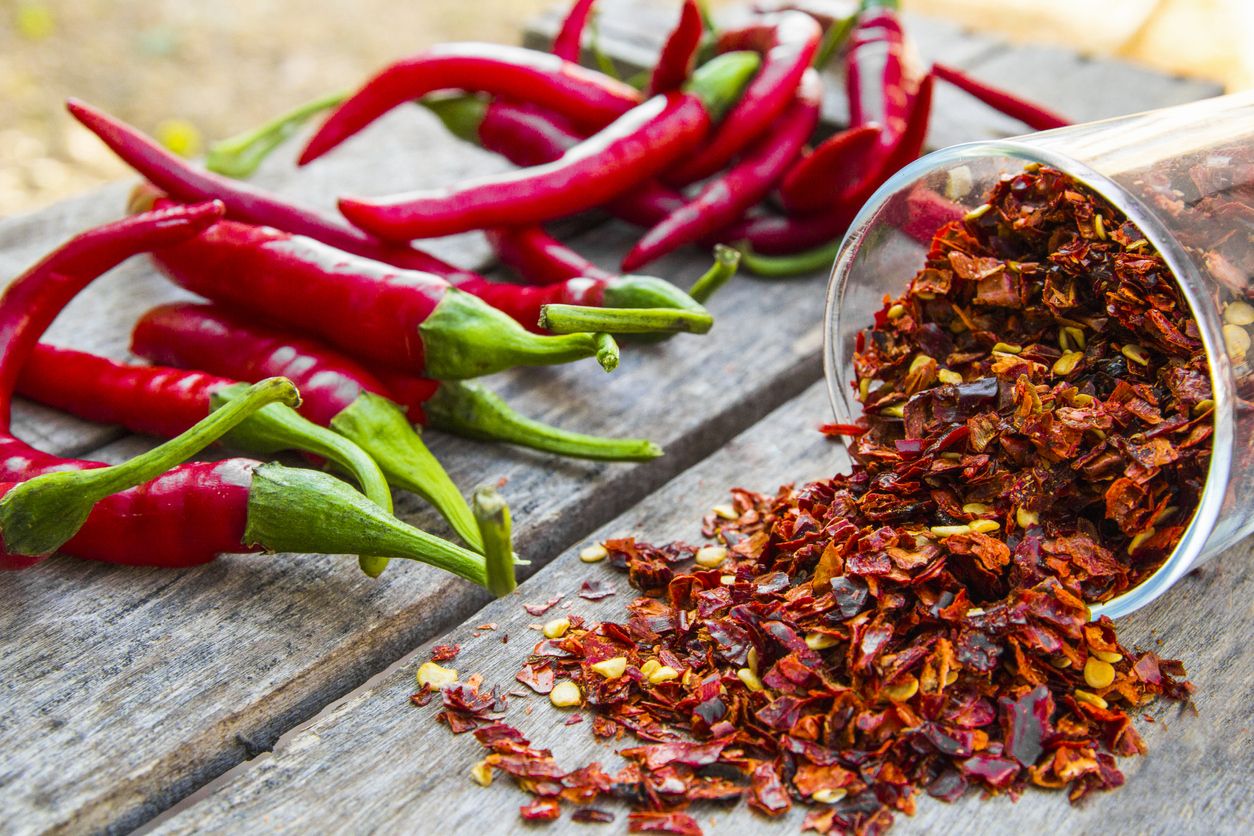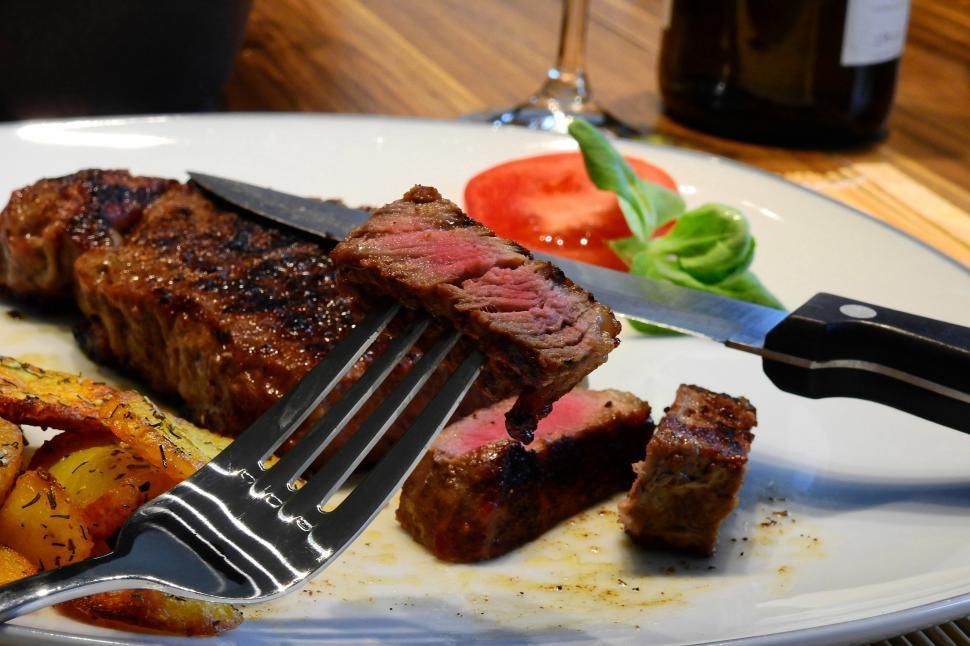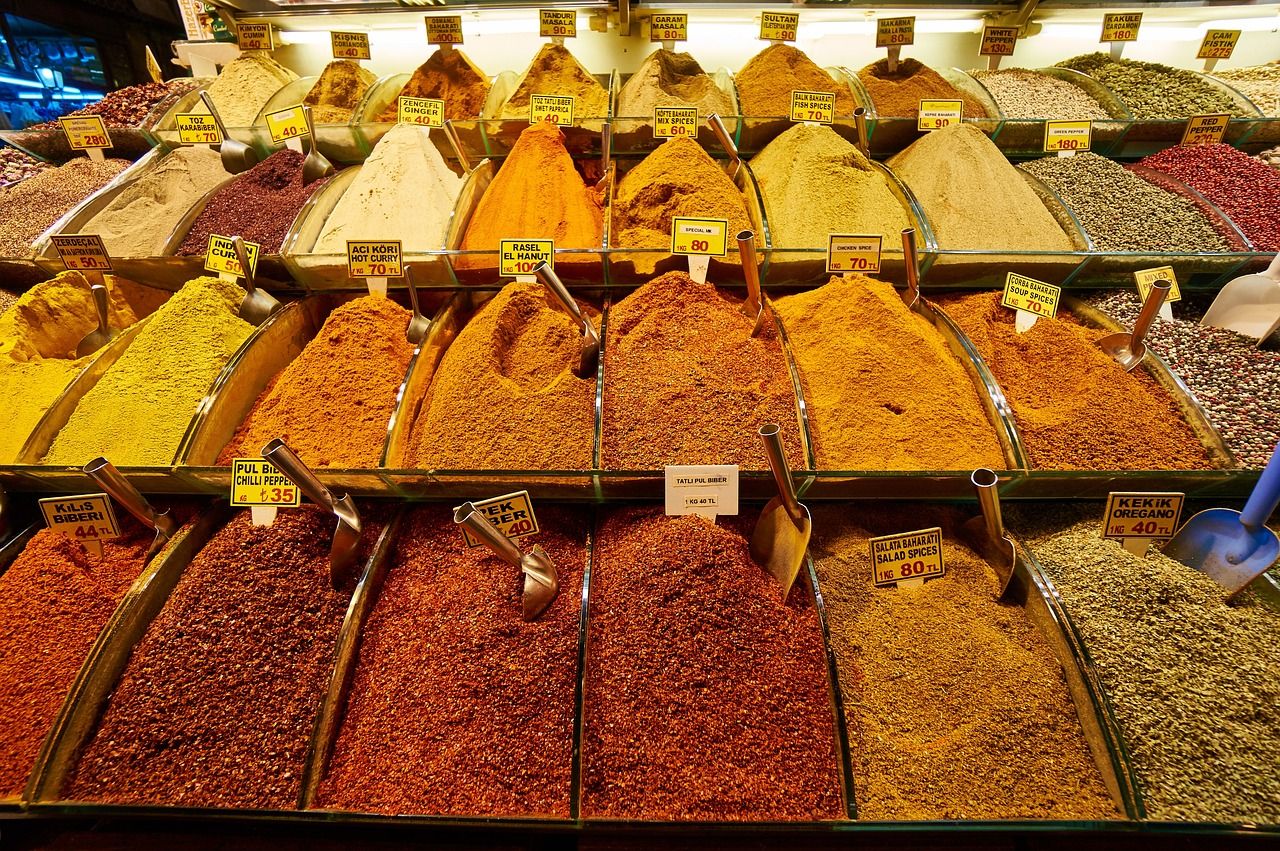Have you ever found yourself lying in bed, eyes wide open, tossing and turning, despite feeling utterly exhausted? It’s a common scenario, and while you might point fingers at daily stress, screen time, or even that late-night binge-watching session, there’s a powerful, often overlooked factor at play: your diet. What you consume throughout the day—and particularly in the hours leading up to bedtime—can dramatically influence your ability to fall asleep, stay asleep, and wake up feeling truly refreshed.
Indeed, the link between our diet and the quality and duration of our sleep is strong and scientifically proven. Our bodies are not simply passive receptacles for food; they are intricate systems that use nutrients to regulate everything from hormone production to our internal body clock, known as the circadian rhythm. Hormones like melatonin and serotonin, crucial for sleep regulation, are heavily influenced by the foods we choose. Disrupting these delicate balances can lead to a cascade of issues, from lighter, less restorative sleep to chronic sleep disorders like insomnia, and even fatigue that carries over into your waking hours.
Many people underestimate just how much their daily menu impacts their ability to achieve a good night’s rest. While stimulants like caffeine are obvious offenders, a surprising number of seemingly innocuous foods and drinks can subtly yet significantly disrupt your natural sleep cycle. In this in-depth guide, we’re going to explore 15 common dietary culprits that could be secretly undermining your sleep quality, explain precisely why they’re problematic, and lay the groundwork for understanding how simple dietary adjustments can lead to profound improvements in your sleep and overall well-being. Get ready to take the first step towards transforming your nights and energizing your days.
1. **Coffee and Energy Drinks**It’s hardly a revelation that coffee is a powerful wake-up call; it’s practically synonymous with jump-starting the day. What often escapes people’s awareness, however, is the remarkable persistence of caffeine within the body. Caffeine doesn’t just vanish after your morning cup; it lingers, affecting your system for many hours after consumption. Understanding this prolonged effect is crucial for anyone struggling with sleep.
Caffeine boasts a significant half-life, typically ranging from about 5 to 7 hours. This scientific fact means that if you indulge in a cup of coffee even in the mid-afternoon, say at 3 p.m., a substantial portion of that caffeine—about half—is still actively circulating in your system by 8 p.m. By the time you’re attempting to unwind and prepare for bed, a considerable amount continues to impact your alertness, making the transition to sleep a challenging endeavor. This sustained presence blocks adenosine receptors, preventing the brain from receiving essential relaxation signals that naturally promote drowsiness.
The challenge extends beyond just coffee. Many popular beverages, including sodas, a multitude of energy drinks, and even certain flavored waters, harbor surprisingly high levels of hidden caffeine. These products can deceptively appear as less impactful choices, yet they deliver a significant stimulant punch that can keep you feeling wired and awake far longer than is conducive to a restful night. Consuming these, especially in the later parts of the day, effectively delays the onset of sleep and can fragment your sleep architecture, preventing the deep, restorative stages your body desperately needs. Limiting intake, particularly after noon, becomes a foundational step for better sleep hygiene.
Read more about: Beyond the Buzz: Unpacking the 12 Worst Post-Workout Electrolyte Drinks According to Dietitians for Smarter Hydration

2. **Dark Chocolate**Dark chocolate often earns accolades for its rich antioxidant content and perceived health benefits, often positioned as a “healthy treat.” While these benefits are valid in moderation, particularly for cardiovascular health, it’s a nuanced food when it comes to sleep. Its dark, inviting allure hides a significant secret: it contains not only caffeine but also a related stimulant known as theobromine.
The stimulating effects of dark chocolate are directly proportional to its cocoa content. The higher the percentage of cocoa solids, the more concentrated these stimulating compounds become. This means that a square or two of a luxurious 70% or 80% dark chocolate after dinner could be delivering a subtle yet potent jolt to your system, one that you might not immediately attribute to your later struggles with sleep. Both caffeine and theobromine act as central nervous system stimulants, increasing alertness and heart rate, which are precisely the opposite effects desired when preparing for rest.
For individuals who are particularly sensitive to stimulants, or those already grappling with difficulties in winding down at the end of the day, an evening chocolate habit could be a significant, unacknowledged barrier to sleep. While it might feel like a comforting ritual, the biochemical reality is that it’s introducing compounds that actively work against your body’s natural inclination to relax. If restful sleep is your goal, it might be an opportune moment to reconsider indulging in dark chocolate, especially in the hours leading up to bedtime, opting instead for a truly sleep-friendly alternative.
Read more about: The Profound Transformation: What Happens to Your Body When You Stop Eating Sugar for 30 Days

3. **Spicy Foods**Spicy dishes are a culinary delight for many, adding zest and excitement to meals. However, their flavorful intensity often comes with an unforeseen price when consumed close to bedtime. The active compounds responsible for the heat in spices like chili, cayenne, and black pepper have physiological effects that can significantly impede your ability to fall and stay asleep comfortably. These effects primarily manifest in two key ways: increased body temperature and digestive discomfort.
One of the body’s natural mechanisms for initiating sleep is a slight drop in core body temperature. When you consume spicy foods, particularly in the evening, these thermogenic ingredients can cause your internal temperature to rise. This counteracts your body’s natural cooling process, making it much harder for your system to signal that it’s time for rest. The metabolic effort required to process these ‘hot’ ingredients keeps your body’s engines running warmer and more actively than is ideal for sleep onset.
Beyond temperature, spicy foods are notorious for triggering digestive distress in many individuals. Heartburn and acid reflux symptoms can be exacerbated, especially when you lie down after eating. The discomfort of stomach acid creeping back up into the esophagus creates an irritating sensation that actively prevents relaxation and can lead to frequent awakenings throughout the night. Anecdotal reports also link spicy foods to more vivid or even disturbing dreams, suggesting a deeper disruption to the sleep cycle. To truly promote healthy sleep, it’s wise to remove spicy dishes from your dinner menu, allowing your body to cool down and your digestive system to remain calm.
Read more about: Order Safer, Stay Healthier: The 9 Worst Sauces and Condiments for Your Blood Sugar, According to Experts

4. **Fatty or Fried Foods**The allure of a hearty, greasy meal—be it a classic burger and fries, a slice of pizza, or any other fried delight—is undeniable. Yet, when these heavy, fat-laden foods become a staple of your evening diet, they pose a significant challenge to your sleep quality. The primary issue lies in the sheer digestive effort required to break down these meals, which can keep your body in an active state long after you’ve finished eating, rather than allowing it to wind down for rest.
Foods rich in unhealthy fats and oils demand a prolonged and intensive digestive process. Your digestive system has to work overtime, diverting a substantial amount of blood flow and energy to break down these complex molecules. This means that while you’re mentally attempting to relax and prepare for sleep, your internal machinery is still vigorously churning. The consequence can be a range of unpleasant symptoms, including indigestion, uncomfortable bloating, or even persistent stomach pain, all of which are formidable barriers to finding a comfortable and restful position in bed.
Moreover, the impact of fatty foods extends beyond just physical discomfort. Research indicates that diets high in saturated fat can interfere with the production of crucial sleep-regulating hormones like serotonin and melatonin. These hormones are key players in setting your internal clock and facilitating the transition into sleep. By impeding their normal function, fatty meals can delay sleep onset, lead to lighter and more fragmented sleep, and ultimately rob you of the deep, restorative rest that leaves you feeling energized and alert the following day. Opting for lighter, easily digestible meals in the evening is a foundational strategy for better sleep.
Read more about: The Profound Transformation: What Happens to Your Body When You Stop Eating Sugar for 30 Days
5. **Alcohol**Alcohol has long been mistakenly viewed by many as a quick fix for sleep, often used as a self-prescribed sedative to induce relaxation and hasten the onset of slumber. The initial sensation of drowsiness after a drink or two might trick you into believing it’s an effective sleep aid, but this perception is fundamentally misleading. While alcohol can indeed make you fall asleep faster, its profound disruptive effects on the sleep cycle, particularly on restorative REM sleep, negate any perceived benefit and ultimately degrade the quality of your rest.
As blood alcohol levels decline during the night, the body experiences significant sleep disturbances. Instead of promoting continuous, deep sleep, alcohol fragments it, leading to more frequent awakenings and a reduction in the vital REM (Rapid Eye Movement) stage. REM sleep is critical for cognitive functions like memory consolidation, emotional processing, and overall mental restoration. A reduction in REM sleep leaves you feeling groggy, irritable, and unrested, despite having spent hours in bed.
Furthermore, alcohol contributes to dehydration, which can lead to uncomfortable nighttime thirst and additional awakenings. For some individuals, it can also exacerbate or even trigger symptoms of snoring and sleep apnea, further disrupting breathing patterns and preventing truly restorative sleep. Numerous studies, including a 2020 study on nearly 12,000 people, have linked high alcohol consumption to poor sleep quality and shorter sleep duration. Therefore, relying on alcohol to relax or fall asleep is a counterproductive habit that, over time, significantly impairs overall sleep health and contributes to chronic insomnia.
Read more about: Beyond the Rash: Unveiling Critical Lyme Disease Warning Signs, Including Early Joint Pain, You Can’t Afford to Miss

6. **Processed Meats**When we think about foods that negatively impact our health, processed meats often come to mind in relation to heart disease or digestive issues. However, their detrimental effects extend to your sleep quality as well, making them a less-than-ideal choice for evening meals. Items such as bacon, sausage, pepperoni, and various deli meats are not just high in unhealthy fats and sodium; they contain specific compounds that can actively interfere with your body’s natural winding-down process.
The primary culprit in many processed meats is tyramine, an amino acid that can trigger the release of norepinephrine. Norepinephrine is a neurotransmitter and hormone that, while important for alertness and concentration during the day, acts as a stimulant. When released close to bedtime, it increases brain activity and can leave you feeling more alert and energized, rather than calm and ready for sleep. This means your brain essentially gets ‘fired up’ at a time when it should be transitioning into a state of rest, creating a direct conflict with your body’s sleep signals.
Beyond tyramine, the high fat and sodium content in processed meats also pose digestive challenges. Heavy, fatty meals take longer to digest, keeping your digestive system working hard while you’re trying to sleep, which can lead to discomfort and interrupted rest. The added preservatives and artificial ingredients often found in these products may also contribute to a general inflammatory response in the body, which studies have linked to poorer sleep quality. To foster a peaceful night, it’s advisable to steer clear of these stimulating and hard-to-digest options in your evening meals.
Read more about: Order Safer, Stay Healthier: The 9 Worst Sauces and Condiments for Your Blood Sugar, According to Experts
7. **Cheese and Aged Dairy**While cheese is a beloved food for many, particularly in the form of aged varieties, its impact on sleep can be surprisingly disruptive, especially when consumed in the hours leading up to bedtime. Aged cheeses like sharp cheddar, pungent blue cheese, and savory parmesan, though culinary delights, share a common characteristic with processed meats: a high concentration of tyramine. As previously discussed, tyramine plays a significant role in stimulating the brain and body when consumed at night.
This amino acid can stimulate the release of norepinephrine, a hormone that increases alertness and brain activity. Instead of promoting a gentle transition into sleep, consuming these cheeses can have the opposite effect, making you feel more awake and restless. Your brain, rather than preparing for its nightly repair and rejuvenation, remains in a more active state, making it difficult to achieve the calm necessary for sleep onset.
Furthermore, aged dairy products, particularly for individuals with even mild lactose intolerance or dairy sensitivities, can lead to significant digestive issues. Symptoms like bloating, gas, and general stomach discomfort are common. These physical annoyances create an internal disturbance that can keep you tossing and turning, unable to find a truly comfortable position for sleep. Even a late-night grilled cheese sandwich, as comforting as it might seem, could be introducing these sleep-disrupting elements. For optimal sleep, it’s prudent to enjoy these savory treats earlier in the day and opt for lighter, non-stimulating alternatives in the evening.
Read more about: Beyond the Price Tag: 14 Subtle Ways Inflation is Quietly Eating Your Grocery Budget

8. **Ice Cream**Often a comforting bedtime snack, ice cream’s blend of sugar and fat secretly works against restful sleep. This seemingly innocent treat can disrupt your body’s natural wind-down process, undermining efforts to achieve a tranquil night. What tastes good going down can lead to a restless night.
High sugar content spikes blood glucose, followed by an inevitable crash. This metabolic rollercoaster, especially during the night, can trigger unwelcome awakenings, leaving you less refreshed. Your body struggles to stabilize when it should be entering deep, restorative sleep.
Additionally, dairy in ice cream can cause digestive discomfort for many. Bloating, gas, or stomach upset makes finding a comfortable position difficult, hindering peaceful slumber. For better rest, reconsider this common late-night indulgence and choose sleep-friendly alternatives.
Read more about: Before You Buy: A 14-Point Comprehensive Checklist for Any Used Chevy Malibu Shopper

9. **Sugary Cereals**A bowl of cereal before bed might seem harmless, but most popular varieties are loaded with sugar and lack fiber and protein. This imbalance transforms a simple snack into a sleep disruptor, especially when eaten close to bedtime. It’s a quick craving fulfillment with a lasting negative impact.
These refined carbohydrates are rapidly digested, causing a quick blood sugar surge, followed by a sharp drop. This metabolic instability interrupts sleep, often resulting in frustrating 3 a.m. awakenings as your body fights for equilibrium. It’s a hidden cause of fragmented rest.
If cereal cravings strike, choose whole-grain, low-sugar options. Pair them with almond or oat milk for a calmer digestive system and stable blood sugar. This simple switch supports deeper, undisturbed sleep and helps you wake up feeling more rested.
Read more about: Peak Performance: The 10 Sugars Olympic Marathoners Strategically Limit for Unyielding Stamina and Optimal Health

10. **Tomato-Based Sauces**Tomato-based sauces, a flavorful staple in many dinners, harbor a secret sleep foe: their natural acidity. When enjoyed in the evening, this characteristic can trigger digestive issues that severely interfere with your ability to unwind and sleep soundly.
Eating acidic foods like tomato sauce too close to bedtime increases the risk of heartburn and acid reflux. Lying down allows stomach acid to irritate the esophagus, causing a burning sensation. This discomfort actively prevents relaxation, making a peaceful transition to sleep incredibly challenging.
To protect your sleep, finish meals with tomato-based sauces at least three hours before bed. Consider smaller portions if sensitive. This timing allows your digestive system ample time to process the meal, ensuring your body is ready to prepare for true, uninterrupted rest.
Read more about: Unlock a Healthier You: 10 Expert-Backed Ways to Boost Your Daily Fiber Intake Effortlessly

11. **Citrus Fruits**Rich in vitamin C and refreshing zest, citrus fruits are great for daytime energy. However, their high acidity makes them unsuitable for late-evening consumption when aiming for sleep. They can surprisingly hinder your body’s nighttime preparations instead of aiding them.
Like other acidic foods, citrus fruits can trigger acid reflux and indigestion if consumed too close to bedtime. The burning and upset stomach actively work against relaxation. Lying down exacerbates these symptoms, turning a peaceful evening into an uncomfortable, sleepless struggle.
Beyond acidity, citrus fruits are invigorating. That “zing” energizing you by day counteracts the calming needed for sleep. Enjoy these vibrant fruits earlier; opt for soothing, less acidic choices as evening approaches to support restful slumber, not wakefulness.
Read more about: Beyond the Buzz: Unpacking the 12 Worst Post-Workout Electrolyte Drinks According to Dietitians for Smarter Hydration

12. **Red Meat**While red meats offer protein and iron for muscle and energy, a heavy red meat dinner can be a significant obstacle to restful sleep. Their dense composition demands considerable digestive effort, actively keeping your body working instead of winding down.
Red meats are slow to digest. A large evening portion forces your digestive system to work overtime for hours, diverting energy and blood flow. This prevents your body from preparing for sleep and its essential nightly repair functions, leading to internal restlessness.
Prolonged digestion can also delay melatonin release, the hormone signaling sleep. Even if mentally tired, your body remains in “active” mode, making it harder to fall asleep. Choose lighter proteins for evening meals to promote easier, more restorative sleep.
Read more about: Order Safer, Stay Healthier: The 9 Worst Sauces and Condiments for Your Blood Sugar, According to Experts

13. **Green Tea and Matcha**While many associate warm tea with relaxation, distinguishing between herbal and caffeinated varieties like green tea and matcha is crucial. Despite their health benefits, these teas contain caffeine, making them unsuitable bedtime beverages; they subtly stimulate rather than soothe.
While many associate warm tea with relaxation, distinguishing between herbal and caffeinated varieties like green tea and matcha is crucial. Despite their health benefits, these teas contain caffeine, making them unsuitable bedtime beverages; they subtly stimulate rather than soothe.
Even with less caffeine than coffee, it’s enough to keep your brain active, interfering with natural sleep signals. Furthermore, L-theanine in these teas promotes “alert calmness,” excellent for daytime focus but counterproductive when trying to doze off.
To support restful sleep, switch to caffeine-free herbal teas in the evening. Chamomile, lavender, or peppermint are excellent choices known for calming properties. This ensures your warm beverage ritual contributes positively to deep, restorative sleep, free from stimulants.
**What to Eat Instead for Better Sleep**
Beyond avoiding sleep saboteurs, many delicious foods actively promote relaxation. Incorporating these into evening meals or light snacks can profoundly improve how easily you drift off and how refreshed you wake up, supporting your body’s natural sleep mechanisms.
Consider bananas, rich in muscle-relaxing magnesium and potassium. Cherries are a natural source of melatonin, key for your sleep-wake cycle. Warm oatmeal provides slow-digesting carbs aiding serotonin release, a relaxation-linked neurotransmitter.
Lean proteins like turkey offer tryptophan, converted into serotonin and melatonin, easing sleep transition. Almonds provide magnesium and healthy fats, further relaxing muscles. Chamomile tea offers mild sedative effects, gently lulling you to slumber. Small, well-chosen snacks significantly enhance sleep quality.
**Smart Nighttime Eating Habits to Sleep Better**
Adopting smart eating habits significantly improves sleep hygiene. These mindful adjustments align with your body’s natural rhythms, supporting digestion and hormone regulation for a smooth transition to rest. Consistency is paramount for lasting results.
Finish dinner at least two to three hours before bed. This allows ample digestion time, preventing indigestion or reflux from disturbing sleep. For late-night hunger, opt for light, low-sugar snacks to avoid blood sugar spikes that interrupt slumber.
Stay hydrated, but consume most water earlier to minimize nighttime bathroom trips. Maintain a consistent eating and sleeping routine; predictability reinforces your circadian rhythm, fostering a healthy sleep-wake cycle and deeper rest.
**Additional Lifestyle Changes for Restorative Sleep and Improved Energy**
While diet is critical, truly restorative sleep and combating fatigue often require a holistic approach. Lifestyle changes complement diet, enhancing your body’s natural ability to unwind, rest deeply, and awaken energized. These elements work in harmony for optimal well-being.
Establish a consistent sleep schedule, going to bed and waking at the same time daily, even weekends, to calibrate your internal clock. Create a calming bedtime routine an hour before sleep—dimming lights, a warm bath, reading, meditation—avoiding electronics.
Optimize your sleep environment: ensure your bedroom is dark, cool, quiet, with supportive bedding. Incorporate morning or afternoon physical activity to tire your body, but avoid intense exercise close to bedtime. If challenges persist, consult a doctor for personalized advice.
**Final Thoughts: A Better Night’s Sleep Starts in the Kitchen, and Beyond**
In our fast-paced world, deeper sleep and sustained energy are precious commodities. This guide has illuminated the powerful link between diet and rest, revealing how mindful food choices and intentional lifestyle habits can transform your nights and invigorate your days. You now hold the key to reclaiming your sleep.
By avoiding sleep-sabotaging foods—from hidden sugars to stimulants—and embracing nutrient-rich, sleep-promoting alternatives, you build a solid foundation for better rest. This dietary wisdom is a cornerstone, but remember, optimal sleep extends further.
Read more about: Seriously, What Happened? 14 Food & Dining Trends Gen Z Is Completely Reshaping Right Now.
The rhythm of your life—consistent routines, a tranquil sleep sanctuary, proper hydration, and regular physical activity—completes the picture. Each element contributes to a symphony of good sleep. By making informed choices and nurturing your body holistically, you conquer insomnia and fatigue, unlocking a future where every morning greets you with profound clarity and boundless energy. Your journey to restorative well-being begins now.







